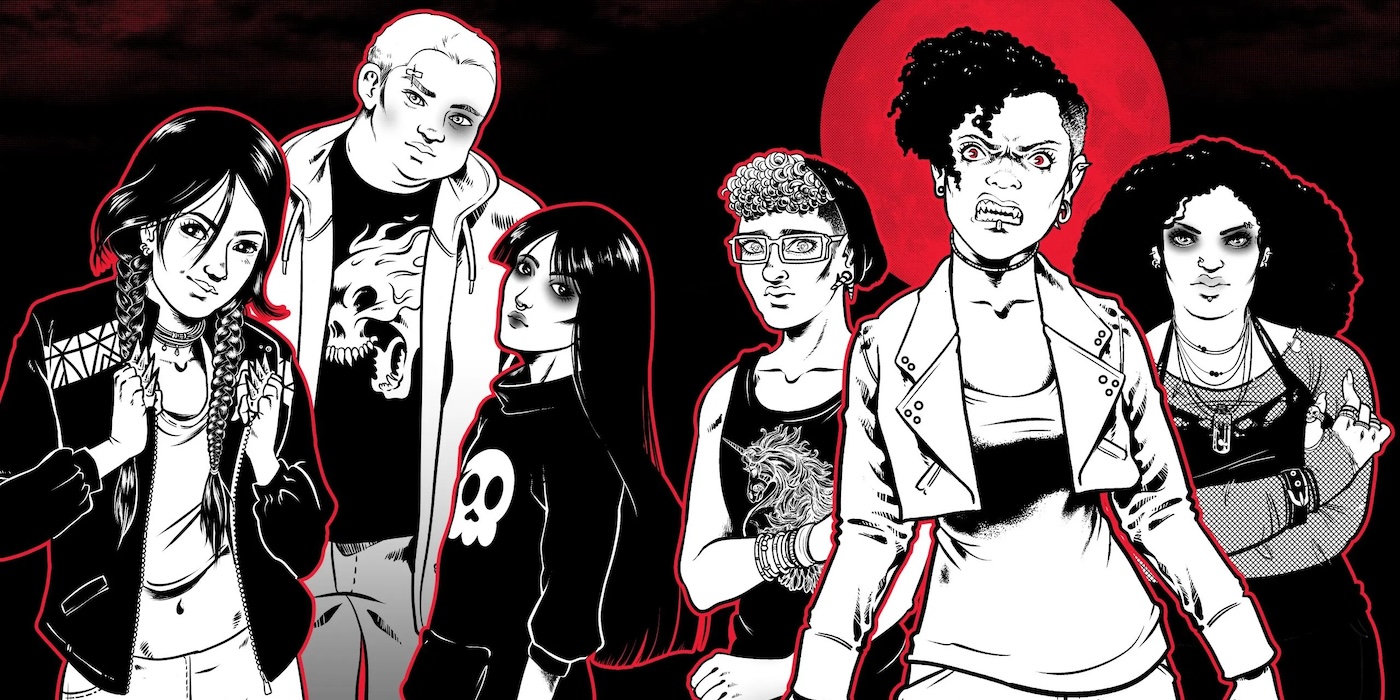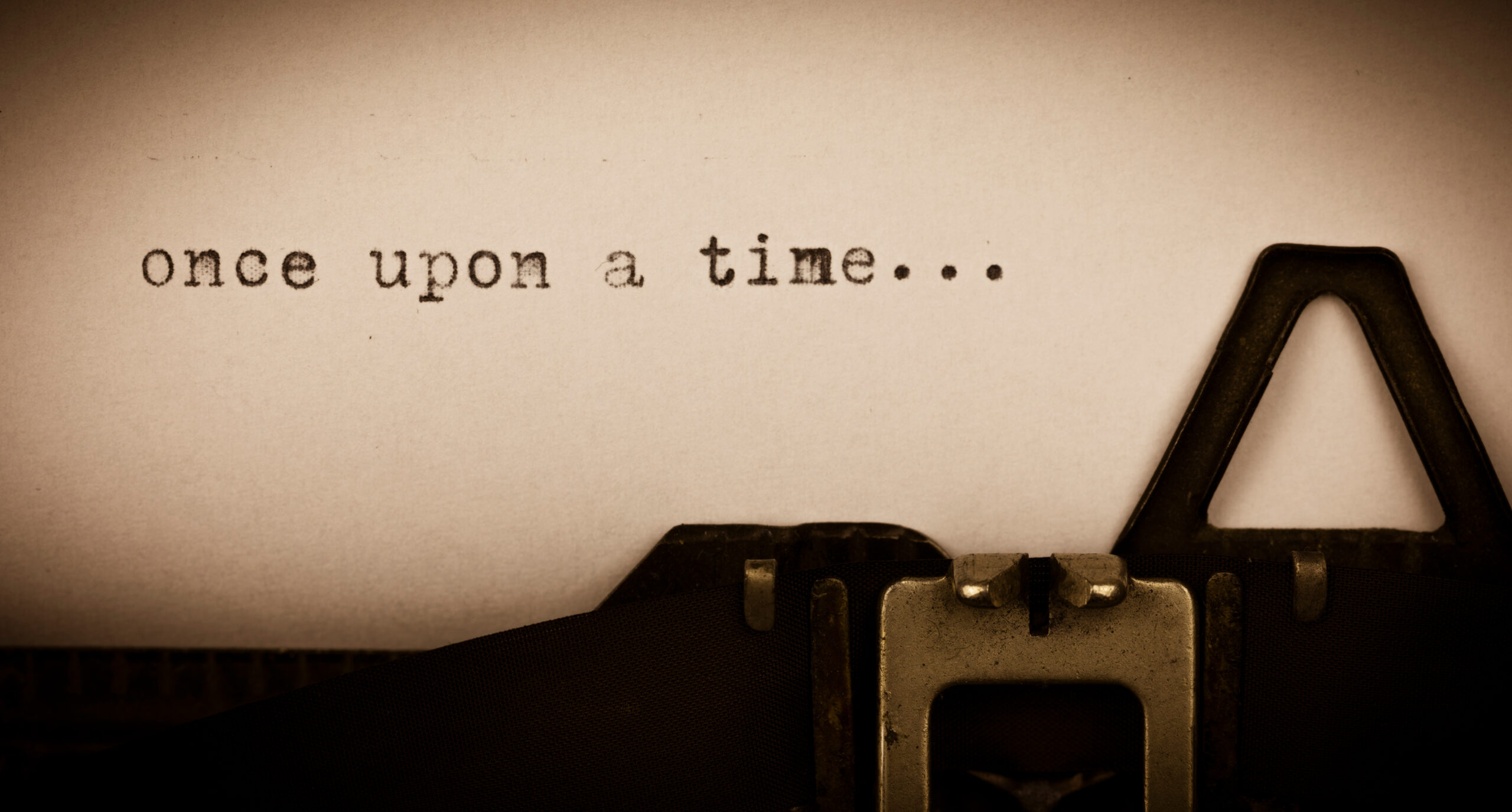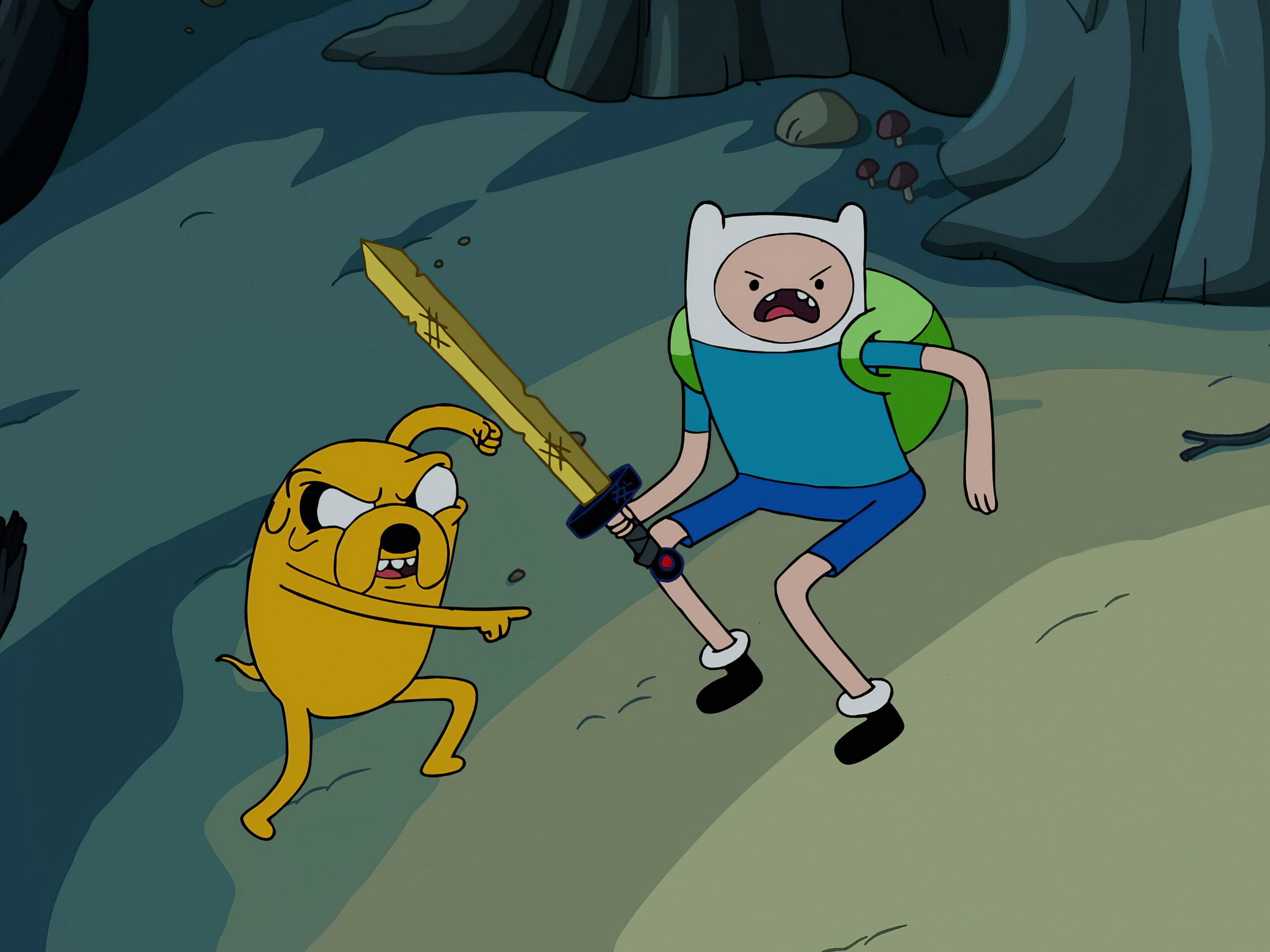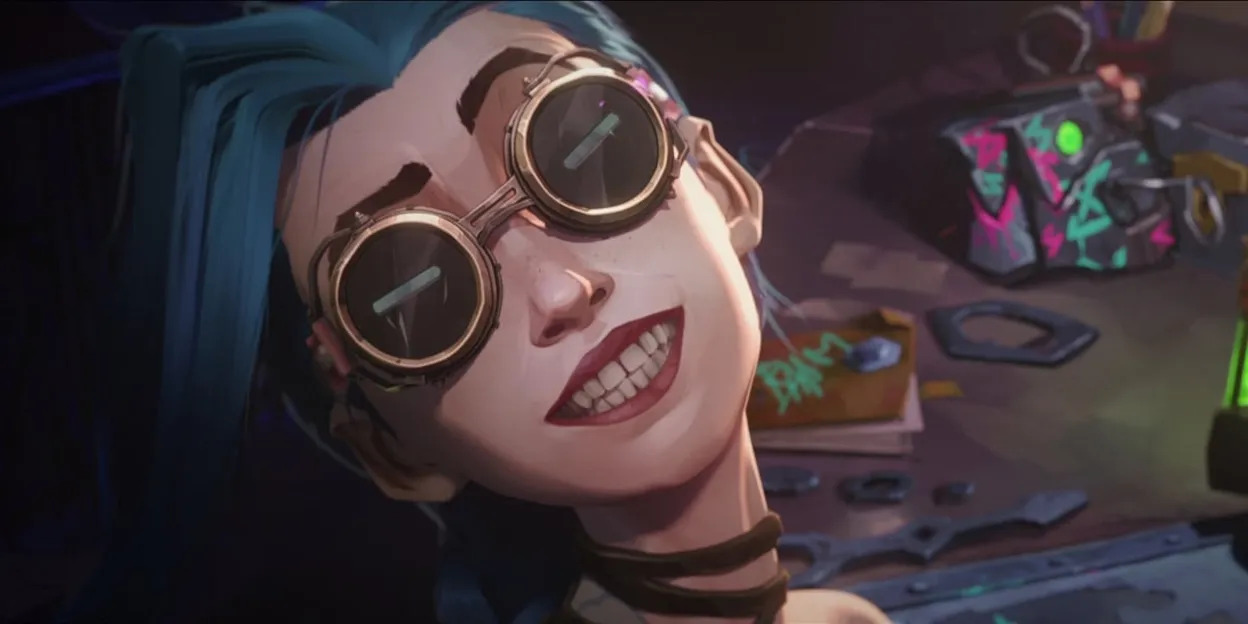How to Make a Great Character Backstory
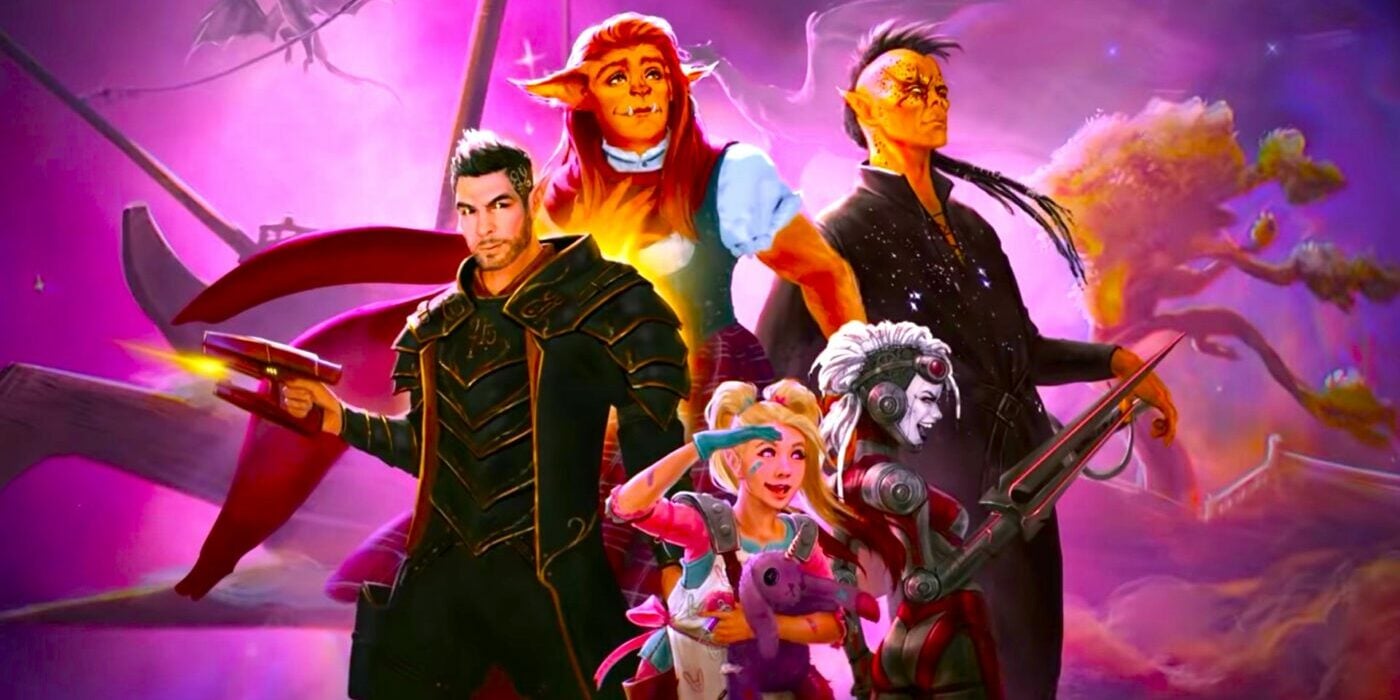
While playing TTRPGs might be a favorite pastime for many, writing is often not. If you need help making a new character, follow these simple steps to make the most of your backstory.
Everyone enjoys sitting at a table to roll dice and defeat bad guys. However, many players struggle to get to that point with a character they’re happy with.
Sure, picking a class, race, and all the other features might be easy. But that’s mainly applicable to systems that prioritize combat over roleplay. Examples of combat systems are Dungeons & Dragons, Pathfinder, or Deadlands: Reloaded, where the mechanics can be used for roleplay but are also heavily balanced for combat.
On the other end of the spectrum, there are tabletop systems that emphasize the R in TTRPG. Systems like City of Mist, Call of Cthulhu, and Monsterhearts have more mechanics that enhance character dynamics, interactions, and problem-solving options. These systems cater more to players who like making in-depth characters that fluidly exist in the campaigns they’re made for.
There’s no shame in being a player who prefers combat over roleplay! TTRPGs are remarkable for the flexibility of how players can approach them.
However, just like in real life, some people don’t want to be the town’s newest murder hobo or kleptomaniac. Or be friends with them.
Like most things in life, a good character starts with a backstory. No one is just born from the womb and immediately becomes an adventurer! Unless you’re Benjamin Button. Which would make for an interesting character, huh?
How to Prepare a Character Entree
Many people often make mental gymnastics when it comes to creating character backstories. They overcomplicate it and think they can only make a good one by writing a literal novel. But this is further from the truth!
If you aren’t a skilled writer, don’t worry about including a bunch of flowery details. All that matters with a good backstory is that it sets up the character for the story. It can even be as simple as a list of bullet points chronologically detailing the character’s life!
I always recommend starting your character’s backstory where it matters most. Did your character’s parents or childhood friends impact a large majority of their life? Then, it’s good to start the character’s backstory when they are young, explaining how the youthful influences rubbed off on them.
Did their parents not leave much of an impact? Or did your character live a boring childhood because they were orphaned? Then maybe it would be better to start writing their backstory from their teenage or middle years!
Your backstory can be as long/short/serious/silly as you want! Personally, I believe all backstories should include where the character comes from, the events that shaped their personality, who they know, and their core motivations. Without a solid base, most characters will fall apart like a horribly constructed tower cake.
Motivation Bakes a Pretty Cake
As mentioned in the previous section, a good character is never complete without a key motivation. And honestly, a character’s motivation can be a lot more abstract and goofy. Not to say the backstory can’t be silly or goofy, of course. A character is what you make it. So make your character how you want!
Just make sure that your motivation has some leeway with going off the rails now and then. A party isn’t a party if Jebediah is off trying to find the banjo of destiny while they’re hunting down the evil wizard.
To simplify things, your character’s motivation typically is either concrete, like an objective goal they want to accomplish, or abstract, like following a moral code.
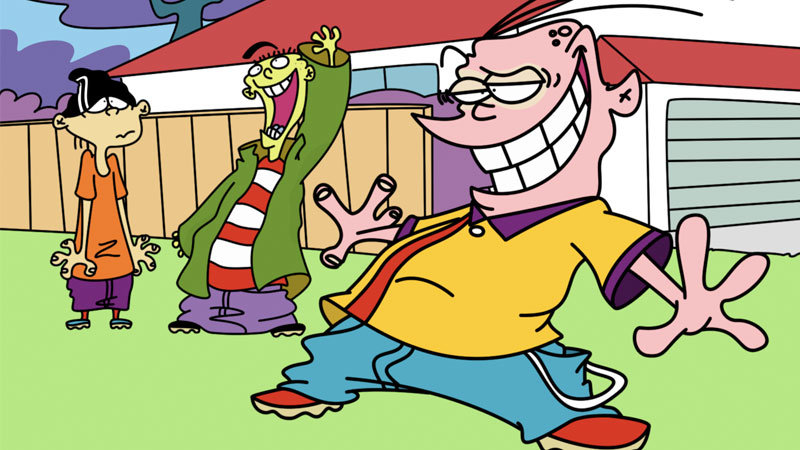
A good example of a character with a concrete motivation is Eddy from the show Ed, Edd n Eddy. In the movie, Eddy acts greedily because he wants to earn his older brother’s respect and gain the love of his friends. This is a concrete motivation with an obvious end goal. In the hypothetical universe where everyone SOMEHOW admires Eddy and his older brother respects him FOR SOME REASON, Eddy finds fulfillment in accomplishing his goal.
Meanwhile, a good example of a character with an abstract motivation is Finn from Adventure Time. As the series protagonist, Finn is driven by his dream of simply being a “great hero.” But what does that imply? Sure throughout the series, the audience watches Finn perform countless acts of bravery and heroism. But his motivation doesn’t have a set end goal. Meaning what drives Finn is his morals and ethics, never ending until Finn either dies or is unable to be a hero anymore.
Your Motivation Can Change, Too
And a character’s motivation doesn’t have to be solid either! You never hyper-fixate on one thing non-stop all the time, do you? No! Your interests change! And if something affects your character in a drastic way, then their motivations should change, too, right?
If a goofball clown, whose motivation is making people laugh, fails to make someone laugh. What do you think they do? Dance down a flight of stairs to cheer themself up? Okay, maybe. But no! They learn funnier material so that way they can make more people laugh!
Don’t be afraid to give your character multiple motivations either! Though, for simplicity’s sake, it’s often easier to just have one core motivation to write around. Too many things to remember can make it a lot harder to roleplay.
Add a Little Bit of – SPICE
Now, once you have your core parts established in your backstory, it is time to spice things up a bit. Trust me; no one wants to talk to someone who can only say one thing.
“Hi I’m Greg. I’m an orphan, and I want to kill God.” – Yeah, that’s nice, Greg. Good luck with that.
Once you establish your core details, it’s time to add some personality to the backstory. Some simple flaws, likes, dislikes, and character relationships can turn a Velma (2024) into a Jinx from Arcane (2024-25). Forgive me, I’m an old League player; the new season was REALLY good.
Your character might enjoy drinking sodas or could be obsessed with drinking only water. Maybe they have a favorite meal because their mom used to make it for them? Or they only like eating spicy foods because they don’t want to seem “uncool” or “unmanly.” Perhaps their only friends are the people who know they can benefit from them.
Having some fleshed-out personality traits can lead to some fun dialogue between your character and others. It makes your character feel lifelike and that they have their own opinions!
This article shouldn’t be used as a bible, though. I’m just a mildly enthusiastic guy who likes writing long, complex characters and has had a fair share of rough ones. I find breaking down the character creation process like this is the easiest way to approach it! Just do what you want and have fun with, and that’s all that matters at the end of the day!

